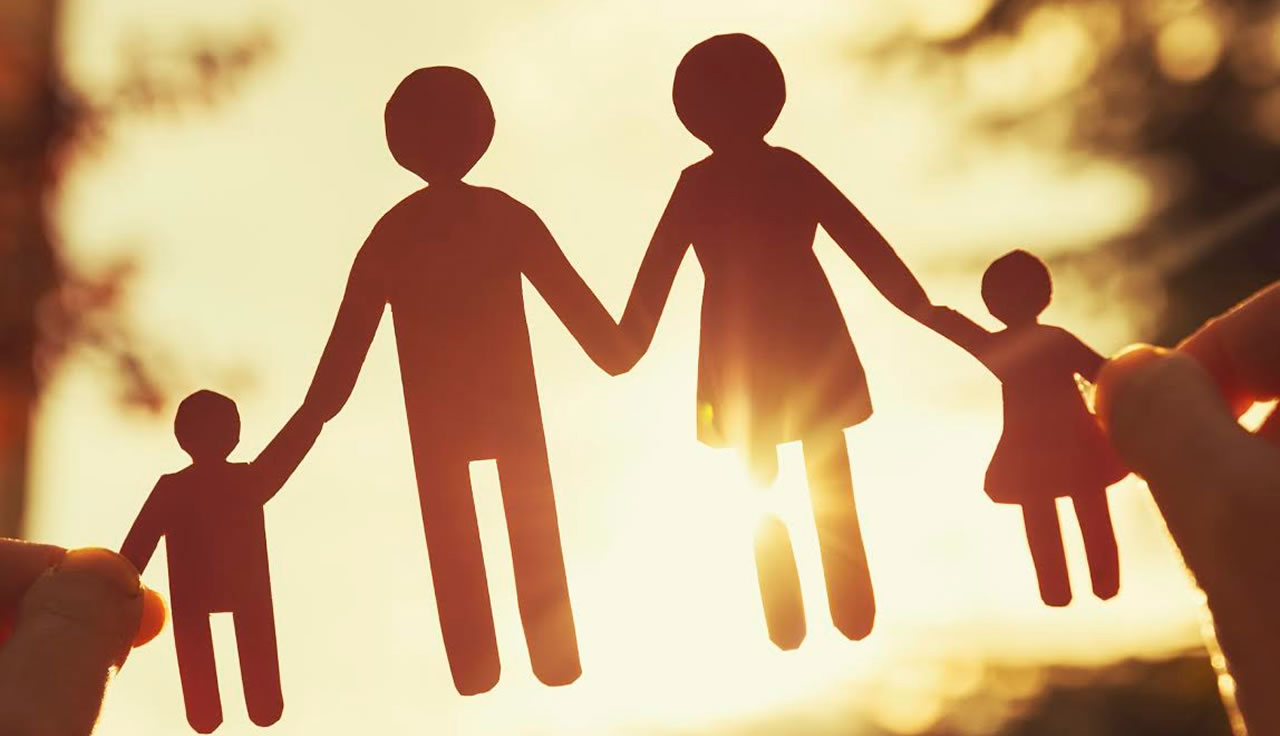In which Type we are as a parent???
Having family and children
is one of the big wishes for many people in their life. All the parents also like to have good behaviors’ and smart children. They hope for good life to their children in the future, and it makes them treat the children as the best as they can. Became a parent doesn’t mean that we can have a good parenting style for our children. Sometimes, we don’t release that we push our children hard. Otherwise, sometimes we don’t have any rules in taking care them.

source
We cannot find the schools or universities that teach people became a good parent. But, we can learn from many kinds of research about parenting. One of the theories about parenting is Baumrind’s theory. The theory focuses on parenting style of parents that refer to demandingness and responsiveness. Furthermore, the theory divided the parenting styles into 4 types; first, Authoritarian parenting, this style is shown the high demand of parents, but low responsive. Parents push the children based on their hope, not based on their children’s need. Parents who imply this parenting style are really strict to their children. They manage everything for their child’s success. Children who have parents that use authoritarian parenting will feel stress. They cannot complain, even give suggestion when their parent controls their life.
The last, Neglectful parenting is the worse parenting style. Parents with a neglectful style neither support nor control their children. They never know when their children need the support and demand. This style is like uninvolved parenting, in which the parent gives a freedom to the child and is careless.
Furthermore, as a parent, we should know what type we are. If we have good and right parenting style, keep it and motivate our-self to practice it. But, if we use the wrong parenting style, let change it better.
.jpg)
source
Treat our children based on their era, not our era. They became a parent in the future and naturally will learn from us. Thus, we should give them the best experiences as the children.
